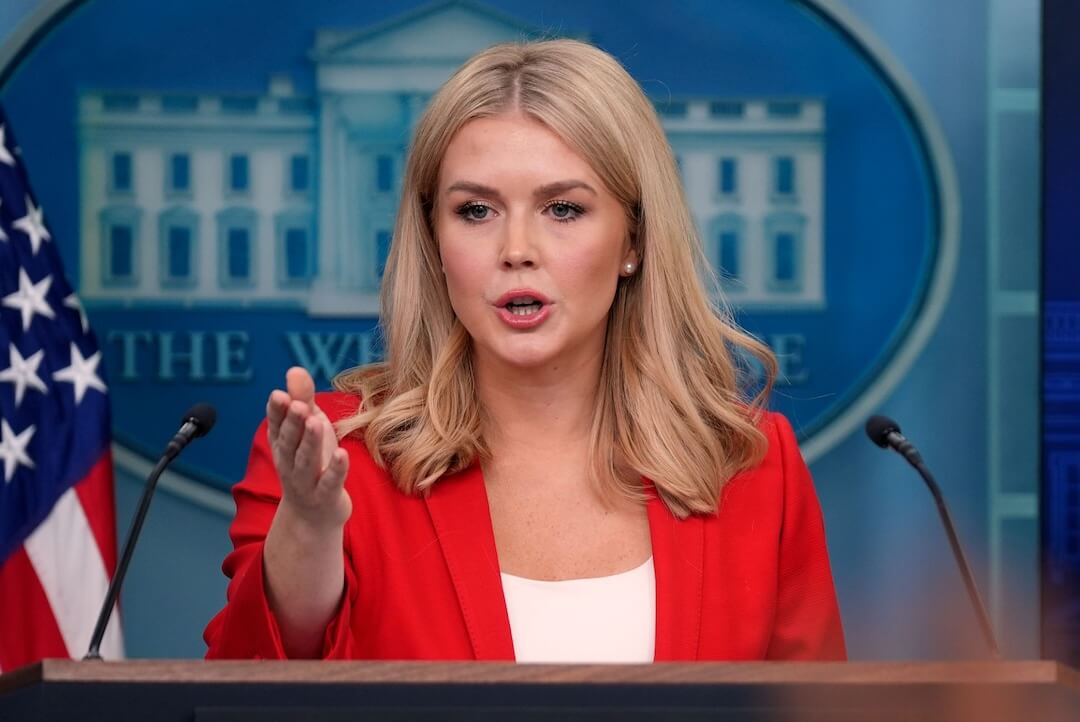Related: Philly’s labor talks: What do they mean? A management view
 Workers at Philly.com voted 30-1 late Wednesday to ratify a new two-year contract with management. The contract is similar to a related one bargained by their union, the Newspaper Guild, and ratified by the more than 400 workers at the Philadelphia Inquirer and Philadelphia Daily News. They key elements are improved management contributions to health care plans, greater company flexibility in layoffs when it comes to seniority, and no increase in base wages.
Workers at Philly.com voted 30-1 late Wednesday to ratify a new two-year contract with management. The contract is similar to a related one bargained by their union, the Newspaper Guild, and ratified by the more than 400 workers at the Philadelphia Inquirer and Philadelphia Daily News. They key elements are improved management contributions to health care plans, greater company flexibility in layoffs when it comes to seniority, and no increase in base wages.
I spoke with Daily News columnist Howard Gensler, part of the union bargaining team, about the negotiations, the changes they reflect and their potential relevance to previously non-union online news organizations now interested in collective bargaining, notably Gawker Media and Salon.
1. What’s the importance of the labor agreement in Philadelphia?
Two years of labor peace, hopefully, and a chance to move the company forward without time-consuming contract negotiations weighing everyone down.
2. This is an era of a dramatic downturn in traditional print media, with revenues plummeting and very few outlets having figured out how to monetize online content to make up in any appreciable way for the loss of print revenues. How did that alter the scope of the bargaining as compared to 10 or more years ago? For example, what happened to a basic wage increase as a priority in the negotiations?
We’ve had so much taken away over the past 10 years, having a contract with no salary givebacks seemed like a victory. We did get our furlough weeks back and Philly.com finally got wage scales and some job protections, so that was a plus. There were a few other minor improvements. There are still problems with health care funding that will have to be dealt with at some time in the future, but at least our members won’t get whacked during this contract. Unless, however, the company comes up with a workable business plan that includes growth, raises seem unlikely. A big first step would be getting them to spend much less intellectual capital on how to lay off people and more time thinking about how to change the business model. Layoffs will never grow the company.
3. How has the general environment altered a traditional adversarial reality between the Guild and management, if at all?
We shouldn’t be adversaries at all. We’re all in this sinking boat together. We want them to plug the leaks. If they don’t, we’re all out of work. The primary philosophical difference is that we don’t want them to always solve the problem of falling revenue with cutting bodies. That’s a downward slide to oblivion. If management is incapable of solving the problems without further weakening the product, they should either get new managers or work with the Guild to come up with new ideas. That some people in management still see their employees as the enemy – as only a cost instead of an asset – is problematic, and will not get us anywhere.
4. Workers at two online news operations, Gawker Media and Salon, are either seeking union representation or voted for union representation and looking to bargain a first contract. Do you have any advice for them?
Call us. I think it’s great and a sign of the future. A lot of the younger generation believed in free content. Now they’ve come to realize that free content means no salaries, they’re beginning to understand that their time, their skill and their work has value and they want to be compensated fairly. The Writer’s Guild is a terrific group but their expertise is not in negotiating digital contracts. We just made huge strides in our digital contract and would love to try to help whichever online groups follow Gawker and Salon. Call [union leader] Bill Ross at 215-928-0118.
5. What is the importance of union representation these days?
The simple answer is that there’s power in numbers and a collective bargaining agreement gives individuals rights and representation they’d never be able to get on their own. But equally important, I think, is that when media corporations are almost always owned by the wealthiest people in the country, and those owners’ friends are also among the wealthiest and most powerful, someone needs to be sticking up for the low-paid journalist who’s trying to do good, honest work, speak truth to power, start a career, maybe raise a family and have a life. Without journalists, there would be no one reporting on political and corporate corruption or doing the local feel-good stories that knit a community together. Union representation for these journalists makes it easier for them to do their jobs without fear of repercussion and have at least a little hope that they may be able to work until they retire in their chosen field.
Related: Philly’s labor talks: What do they mean? A management view





